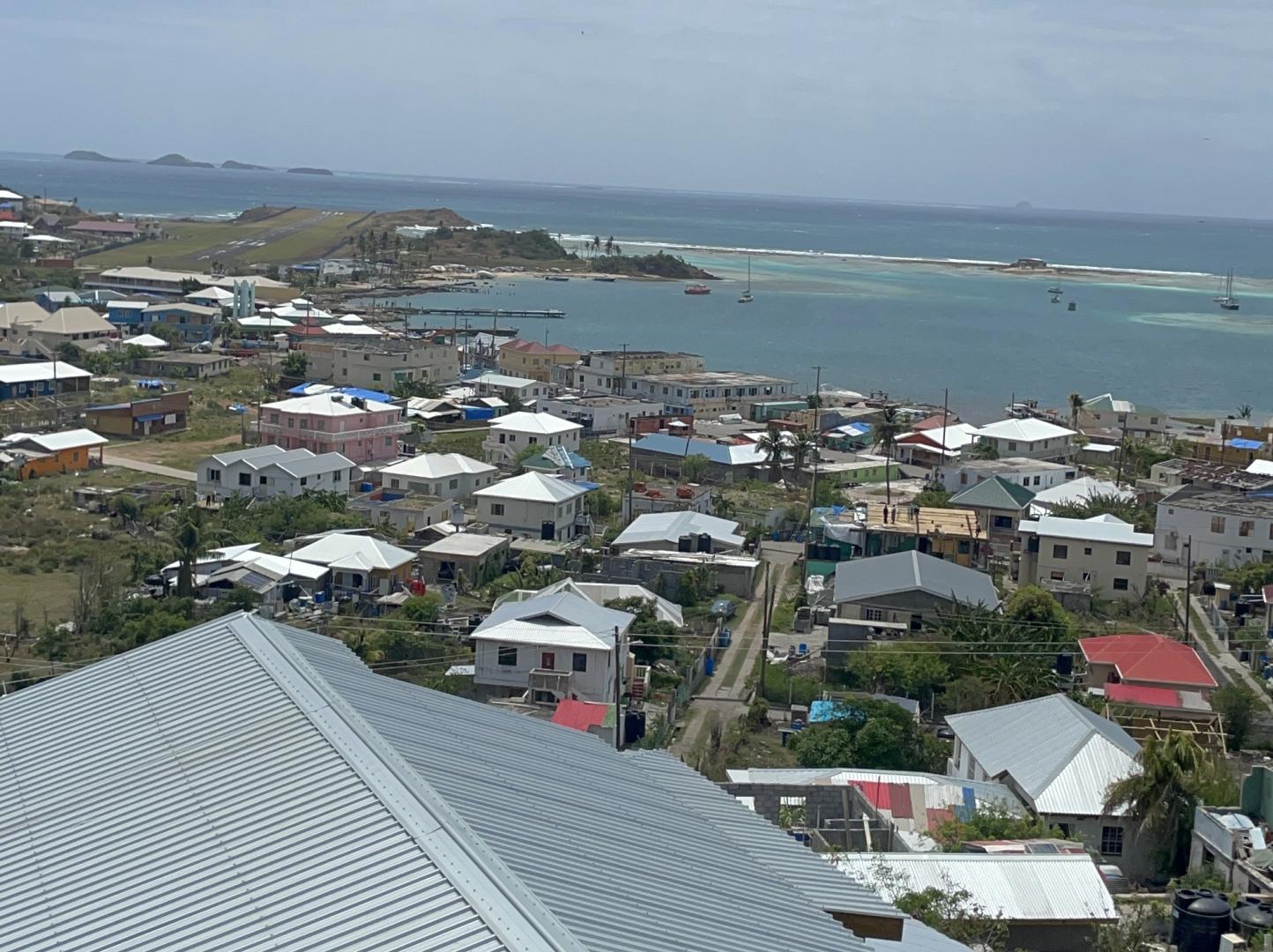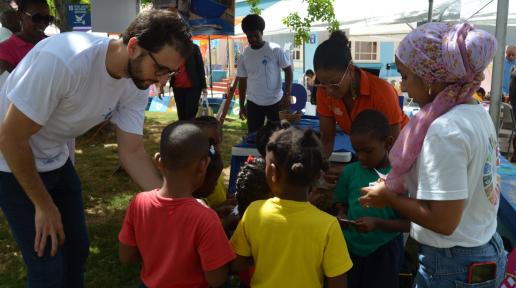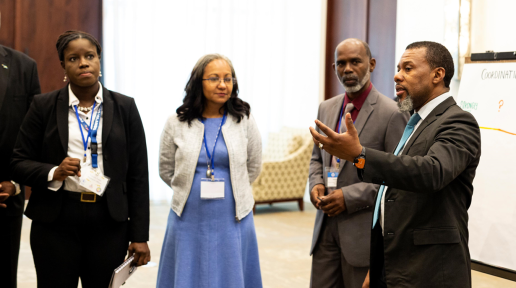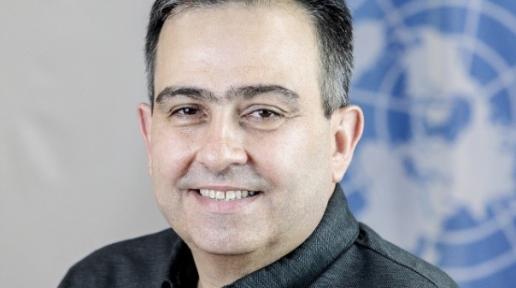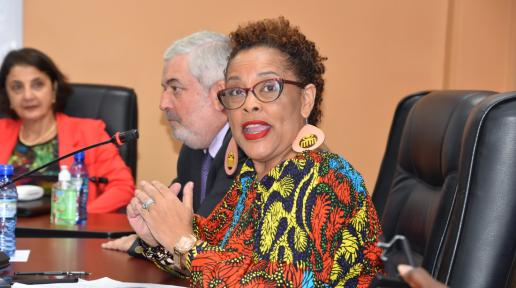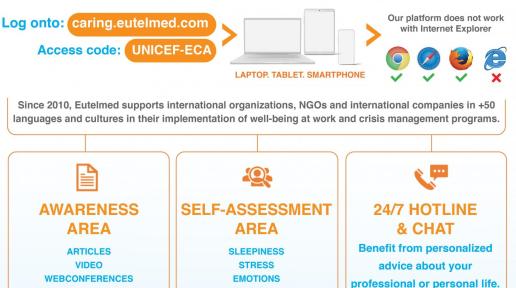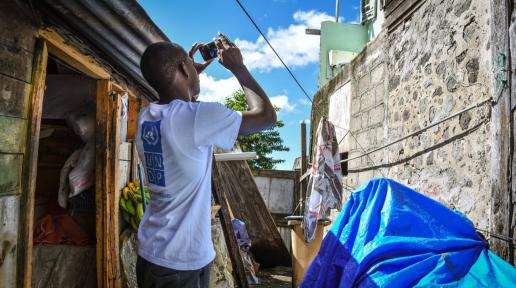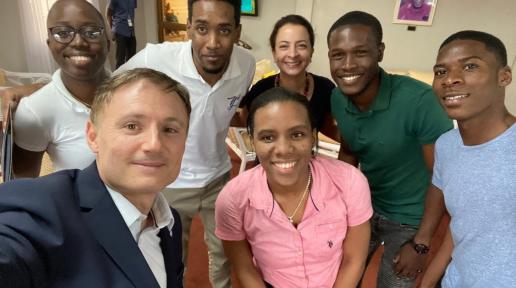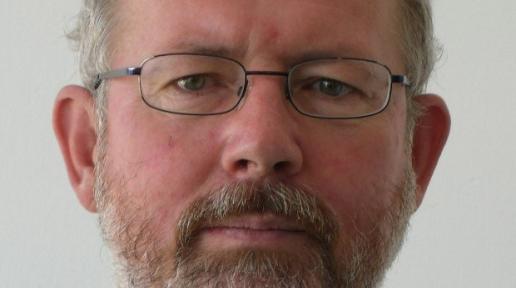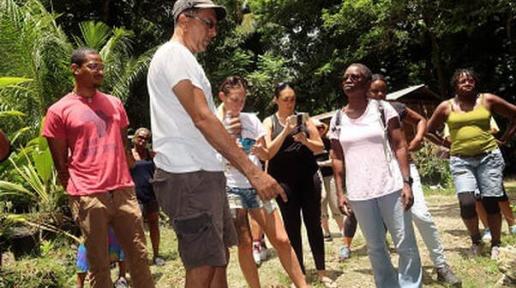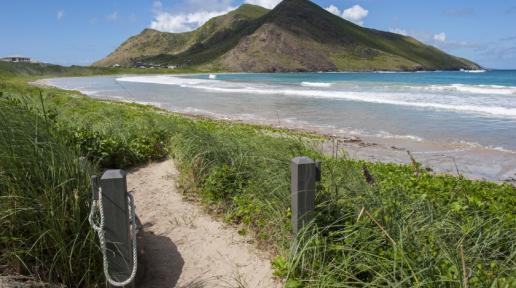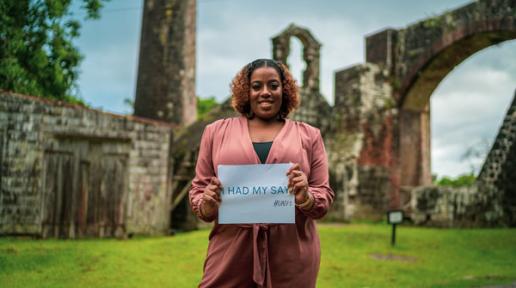Story
07 July 2025
One Year After Hurricane Beryl: A Journey of Survival and Recovery in the Southern Grenadines
St. Vincent and the Grenadines - On July 1st, communities across St. Vincent and the Grenadines, particularly in the Southern Grenadines, marked one year since Hurricane Beryl made landfall, unleashing catastrophic winds and widespread destruction. While rebuilding continues in the Southern Grenadines, the hardest-hit area, the past year has served to reveal the strength, solidarity, and resilience of its people.“We Survived by Standing Together” “When the winds came, I went into survival mode,” recalled Brad Phillips, a resident of Canouan, as he stared into the distance. Brad described how he sheltered with and protected his elderly parent as their roof was torn off. Cut off from communication and without electricity, in the aftermath, Brad and other impacted residents focused on immediate survival, finding shelter, caring for neighbors, and preserving what little remained.“We lost so much,” he said, “but we stood together. That’s what kept us going.”Coordinated UN Response from Day OneFrom the earliest days of the emergency, the United Nations (UN) working through its Resident Coordinator’s Office (RCO) for the Barbados and the Eastern Caribbean and the Office for the Coordination of Humanitarian Affairs (OCHA) played a role in supporting the nationally led response in close collaboration with Caribbean Disaster Emergency Management Agency (CDEMA) and other regional and international partners.Together with government and civil society partners, UN agencies including WFP, IOM, UNICEF, UNDP, UNFPA, FAO, PAHO and UN Women mobilized to provide immediate humanitarian relief and long-term recovery support:Emergency food assistance, clean water, and hygiene supplies reached hundreds of affected households.Roofing materials, debris removal, and housing assessments helping families begin to rebuild.Community resilience was strengthened through clean-up campaigns, backyard gardening initiatives for food security, and technical guidance for safer, more resilient housing.Rebuilding Lives and HomesAccording to local officials, 70% of damaged roofs have now been repaired, many with UN-backed material assistance. However, the complete reconstruction of homes remains a challenge, especially for renters and vulnerable groups. Supply chain delays, transportation costs to the Southern Grenadines, and limited contractor availability have slowed progress.In response, many families have adopted a “self-help” approach, rebuilding using UN-supplied materials and community support networks to fill the gaps.Protecting the Island’s Fragile EcosystemBeyond homes and infrastructure, Union Island’s natural environment took a hard hit.“It looked like no trees had survived,” shared a local environmental advocate. “Beaches lost huge amounts of sand, and some of what’s left is being removed for construction, which could worsen erosion”. UN partners supported environmental recovery efforts, including assessments, debris clearance, small-scale reforestation, and technical support for trail and biodiversity restoration. Additional resources are urgently needed to expand these efforts and strengthen resilience against future hazards.Looking Ahead: Building Resilience TogetherWith a new hurricane season underway, residents feel better prepared mentally and practically. The UN Team in Barbados and the Eastern Caribbean also stands ready to support in “Survival, that’s what matters most,” notes one islander.The UN and partners continue to support government plans to expand resilient housing, strengthen disaster preparedness, and integrate environmental recovery into response strategies. Community leaders stress the need for ongoing collaboration to ensure no one is left behind.A Call to ActionThe Southern Grenadines' story is one of determination, community spirit, and the impact of collective action. One year after Hurricane Beryl, it serves as a reminder that while disasters can be devastating, recovery is possible, with the right partnerships, resources, and commitment. The community and the UN together call for continued support to build resilient homes, restore ecosystems, and protect lives and livelihoods.
